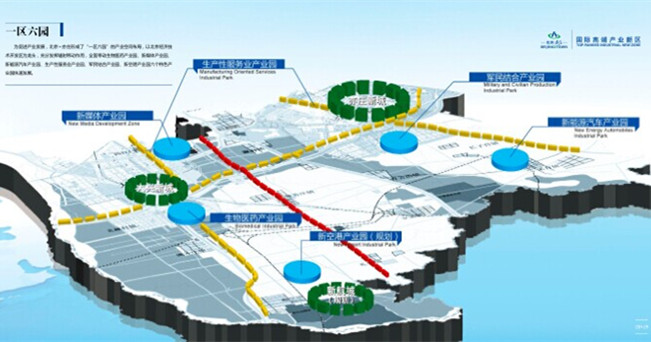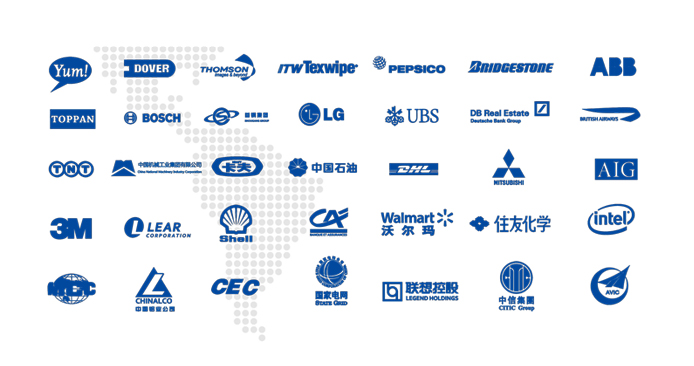China's economic shift creates opportunities for other emerging markets: report
Updated : 2017-10-07
( Xinhua )
( Xinhua )
BEIJING -- China's pursuit of high-end manufacturing and relocation of labor-intensive factories will generate opportunities for other emerging markets (EMs) in Asia to bolster economic growth, Fitch said in a report.
The rating agency said Asia's "frontier" EMs, such as Vietnam, will benefit from industrial transfers, but noted preconditions, including a sound business environment and political stability.
"China's rising wages, higher land costs and real exchange rate appreciation over the past decade have reflected policy efforts to rebalance the economy and raise living standards, but they have also reduced low-end manufacturing competitiveness," the report said.
Wages of manufacturing workers in the country have surpassed those of other EMs in the region, while ongoing urbanization and an aging work force will continue to drive the rise.
Chinese firms, along with peers from other manufacturing nations, have started to transfer at least part of their production bases to less-developed economies in search of lower labor costs. Domestically, the government is pushing industries to move up the value chain, shifting to a new growth pattern based on innovation rather than cheap labor.
Fitch pointed out that China's global share of exports of clothing, footwear and furniture, although still considerable, is retreating from its peak in 2014.
"A significant drop in China's low-end manufacturing over the coming decades would leave a large gap for lower-cost countries to exploit," according to the report.
The rating firm cited Bangladesh and Vietnam as potential and promising EMs to grab China's baton as they "already have strong footholds," together accounting for 8 percent of global exports in clothing, footwear and furniture in 2015, up from 3 percent five years ago.
But low wages are not the only thing that matters. Fitch said only those offering a workable business environment and relative macroeconomic and political stability can make the most of opportunities stemming from the shift in China's development strategy.
Some EMs should first overcome hurdles including security risks, poor infrastructure and immature market systems, said the report.
The rating agency said Asia's "frontier" EMs, such as Vietnam, will benefit from industrial transfers, but noted preconditions, including a sound business environment and political stability.
"China's rising wages, higher land costs and real exchange rate appreciation over the past decade have reflected policy efforts to rebalance the economy and raise living standards, but they have also reduced low-end manufacturing competitiveness," the report said.
Wages of manufacturing workers in the country have surpassed those of other EMs in the region, while ongoing urbanization and an aging work force will continue to drive the rise.
Chinese firms, along with peers from other manufacturing nations, have started to transfer at least part of their production bases to less-developed economies in search of lower labor costs. Domestically, the government is pushing industries to move up the value chain, shifting to a new growth pattern based on innovation rather than cheap labor.
Fitch pointed out that China's global share of exports of clothing, footwear and furniture, although still considerable, is retreating from its peak in 2014.
"A significant drop in China's low-end manufacturing over the coming decades would leave a large gap for lower-cost countries to exploit," according to the report.
The rating firm cited Bangladesh and Vietnam as potential and promising EMs to grab China's baton as they "already have strong footholds," together accounting for 8 percent of global exports in clothing, footwear and furniture in 2015, up from 3 percent five years ago.
But low wages are not the only thing that matters. Fitch said only those offering a workable business environment and relative macroeconomic and political stability can make the most of opportunities stemming from the shift in China's development strategy.
Some EMs should first overcome hurdles including security risks, poor infrastructure and immature market systems, said the report.
 The Area with Six Parks
The Area with Six Parks Global Top 500
Global Top 500